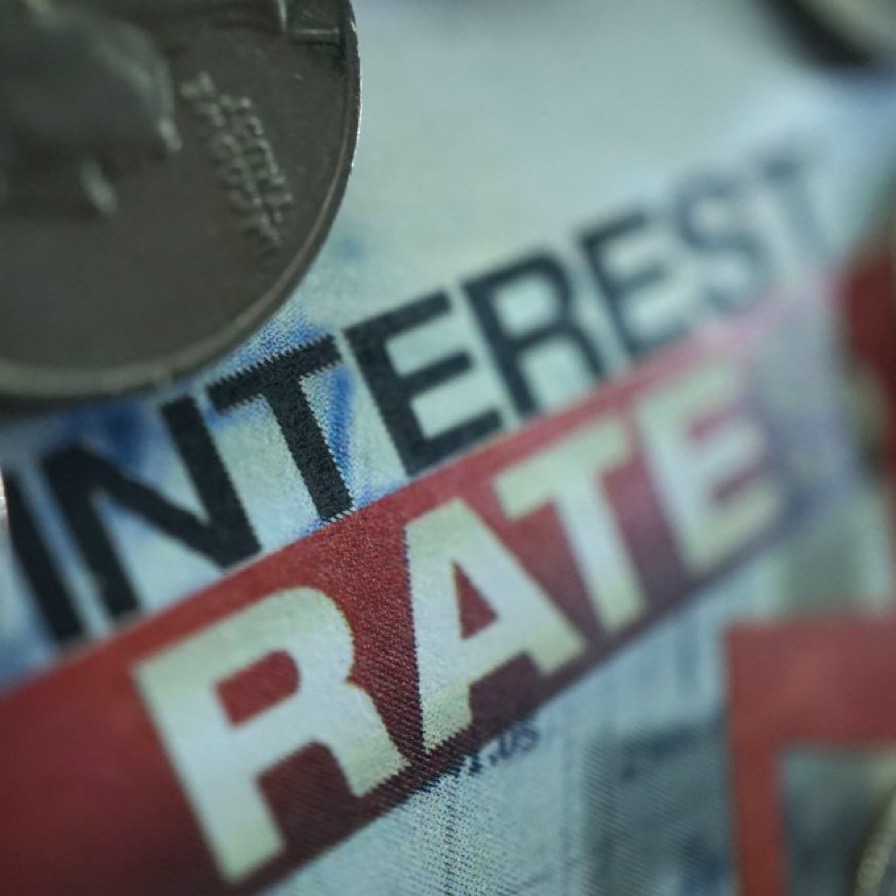Bank of England increases Base Rate to 3%: Savers DITCH your high street banks NOW to seek out the best rate in 30 YEARS

The Bank of England has just voted to raise its base interest rate in response to high inflation from 2.25 per cent to 3 per cent.
This is the eighth time that the Bank has increased rates after it first lifted them to 0.25% from 0.1% in December last year. It is also the largest rise since 1989, taking the rate to its highest level since the global financial crisis in 2008.
Despite the rate hike, money in savings accounts will continue to shrink because of inflation. It is therefore doubly important consumers maximise every penny of savings interest to mitigate the impact.
High street banks are taking customers for granted when it comes to savings because they prioritise their revenues over delivering better value to their customers.
For example, a leading high street bank is STILL offering a paltry 0.25% interest on its easy access account, meaning it pays just £25 for every £10,000 saved in a 10% CPI environment.
Britons’ loyalty to high street banks and their embarrassing savings account rates comes at a high cost.
A saver with £10k in the bank is losing out on almost £200 interest per year by sticking with their high street bank Vs seeking out the best rates; while a saver with £20k in the bank is losing out close to £400 per year by not switching.
Savers often trust that their bank will increase their rates automatically when the Base Rate goes up. This sadly isn’t the case though and their loyalty is not being rewarded.
Consumers have to take back control of the £300 billion paying next to nothing.
Savers should look for value and only reward those banks that really work hard to make their savings go further, moving from a low to a high yield interest savings account like Zopa’s Smart Saver.
Those re-evaluating their options should consider savings options that combine a high interest rate, good service, accessibility, and tools to manage their money instantly with a few taps from their smartphones.
Consumers should also look at immediate steps they can take to improve their financial resilience, cross-industry initiatives like pledge2025.org offer excellent resources to start this journey.
These steps include but are not limited to using a credit-building service to improve credit scores, signing up to a debt consolidation tool to reduce monthly financial obligations, and switching utility providers to access better priced utilities on a marketplace.






